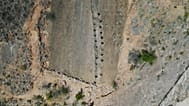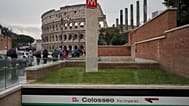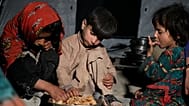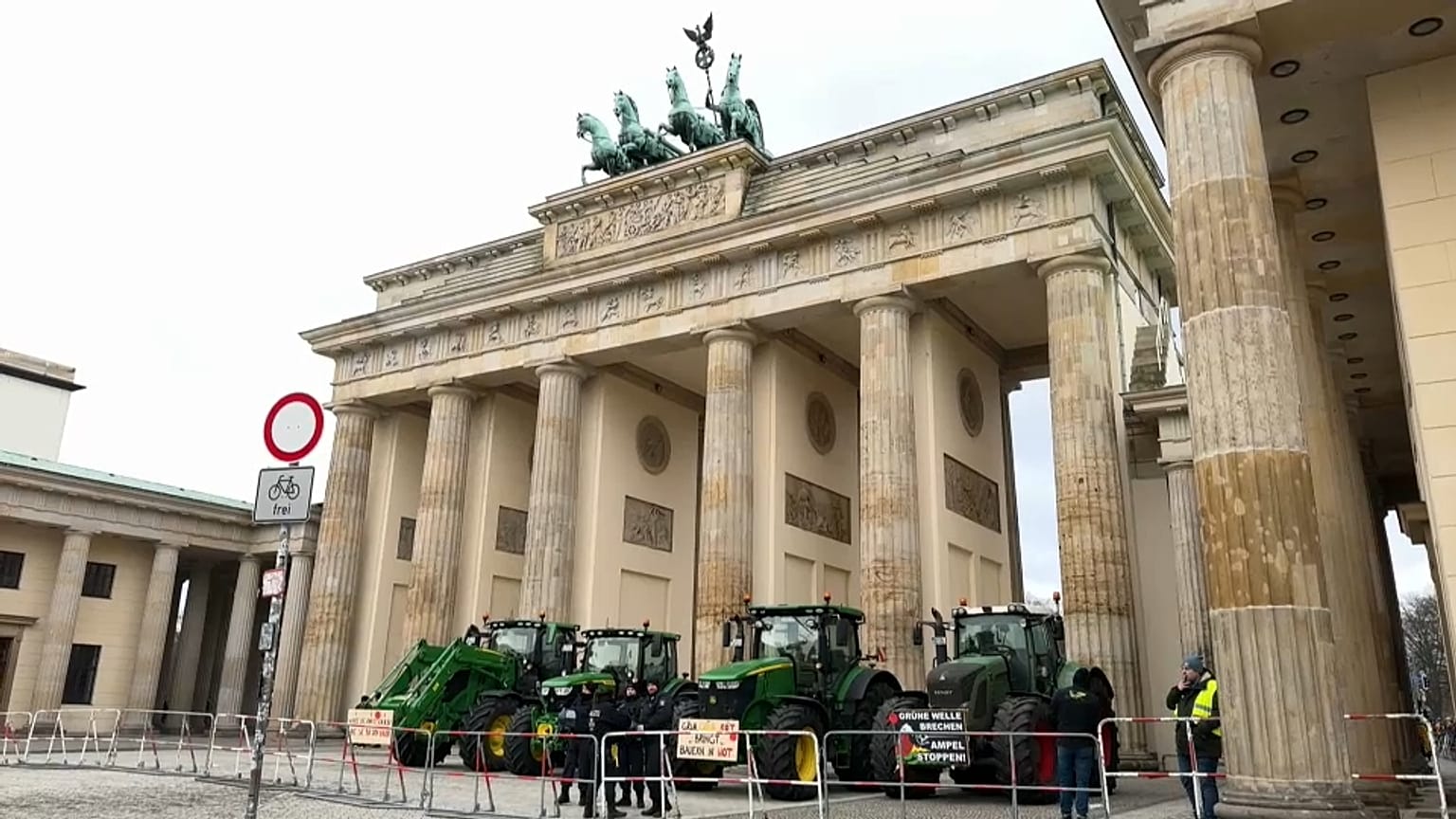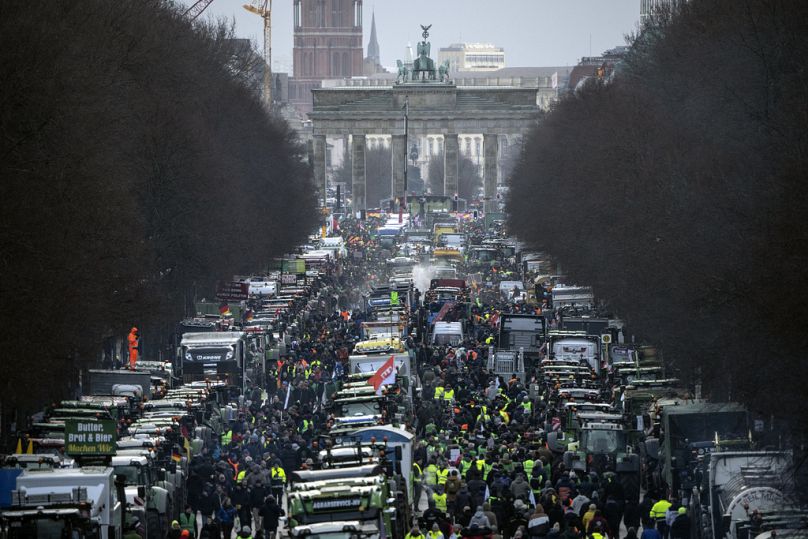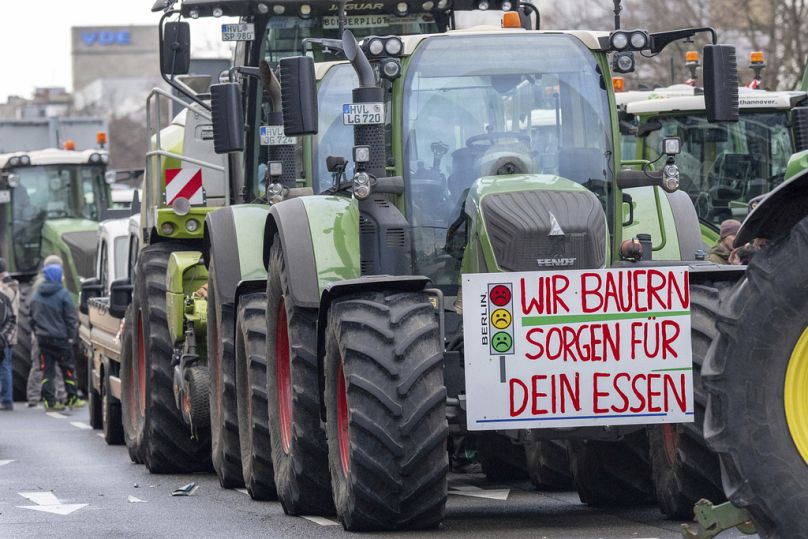Euronews correspondent Liv Stroud heads to the German capital to speak with farmers protesting against the Bundestag's plan to do away with subsidies on diesel.
Tens of thousands of farmers rolled into Berlin aboard tractors on Monday for the climax of a week of demonstrations against a plan to scrap tax breaks on the diesel they use, a protest that has tapped into wider discontent with Germany's government.
Police said late Sunday evening that the space set aside for vehicles in front of the Brandenburg Gate, where Monday's demonstration was being held, was already full.
Over the past week, farmers have blocked highway entrances and slowed down traffic across Germany with their protests, intent on pushing Chancellor Olaf Scholz's government to abandon the planned cuts entirely.
They're not satisfied with the concessions the government has already made. On 4 January it watered down its original plan, saying that a car tax exemption for farming vehicles would be retained and the cuts in the diesel tax breaks would be staggered over three years.
24-year-old farmer Philipp Oswald said farmers would rather not rely on subsidies but warned without them many would be forced to abandon the profession and Germany would be left with to rely on more imports.
"It's not in anyone's interest to excessively import goods from abroad that haven't been produced to the standards we've been following for 30 or 40 years," he told Euronews.
Scholz said in a video message on Saturday that “we took the farmers’ arguments to heart” and insisted the government came up with “a good compromise.” He also said officials will discuss “what else we can do so that agriculture has a good future.”
Leaders of the three governing parties' parliamentary groups plan to meet with farmers' representatives, though officials have dampened hopes of scrapping the subsidy cuts.
Martin Hofstetter, a political expert in agriculture at Greenpeace Germany said 50% of German farmer's income comes from agricultural subsidies.
He cautioned that "it's clear that these subsidies, as they are currently being paid, are senseless in the long run. Farmers also know this. We could go and say, let's see who needs this money. And also, how do we use the money in the future? It's clear that our agriculture needs to be more climate-friendly, climate-adapted, respond to climate change, and become more ecological."
Hofstetter, who studied agriculture, said he doesn't believe all or many farms will suddenly stop producing if the subsidies are reduced, but argued that a stronger focus on regional markets, on the European market would emerge.
"For the 420 million EU residents who want high-quality products – we should focus more on them and less on competing with China or Brazil in the world market," he explained.
The plan to cut the tax breaks resulted from the need to fill a large hole in the 2024 budget. The farmers’ protests come at a time of deep general discontent with the centre-left Scholz’s government, which has become notorious for frequent public squabbles and lengthy wrangling over sometimes poorly communicated decisions.
Scholz acknowledged concerns that go well beyond farming subsidies, saying that crises, conflicts and worries about the future are unsettling people.

